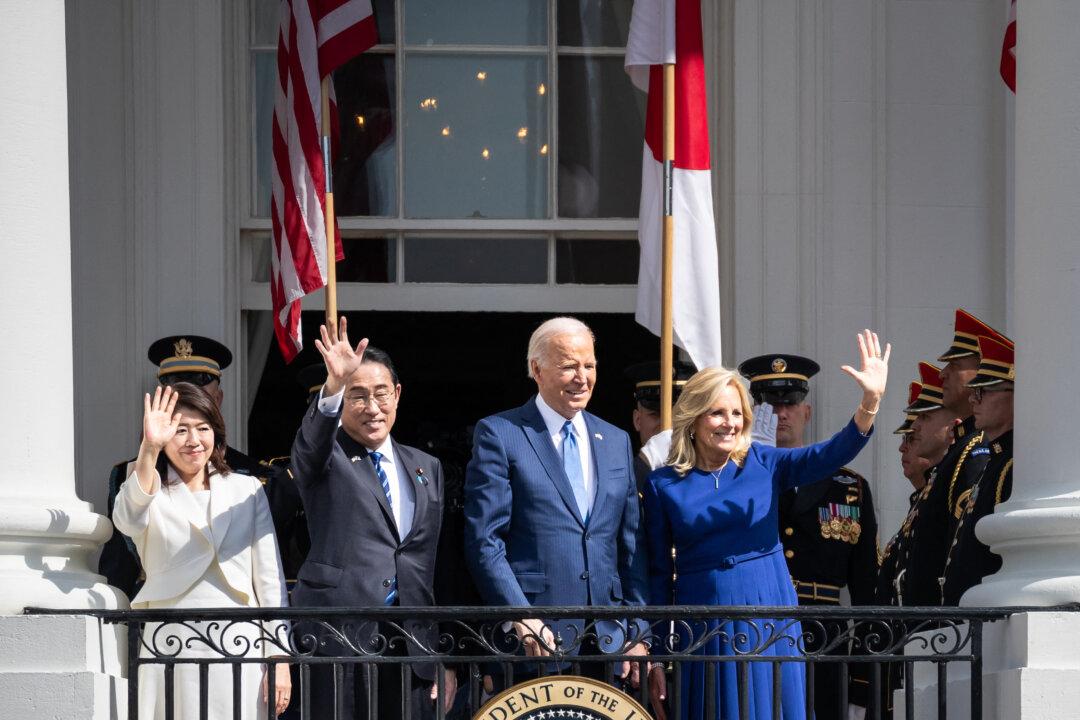Japanese Prime Minister Fumio Kishida’s visit to the United States this week heralds a “new era of U.S.–Japan strategic cooperation,” according to a joint statement by Mr. Kishida and President Joe Biden. The visit is expected to reinforce bilateral cooperation across several fronts including diplomacy, defense, and technology. Talks between the two leaders had a specific focus on countering the expansive influence of the Chinese Communist Party (CCP), according to a senior White House official.
The collaboration aims to significantly bolster the strategic alliance between the two nations, according to the joint statement.





